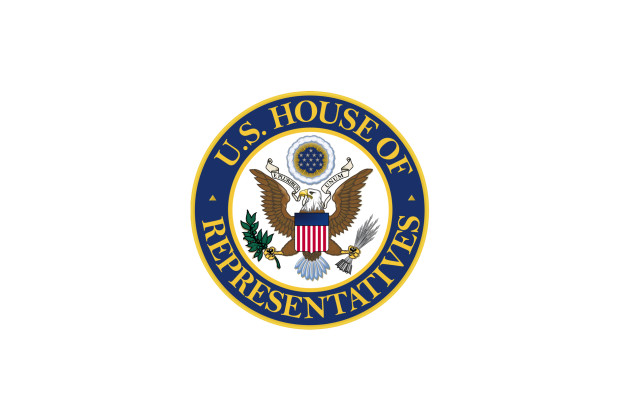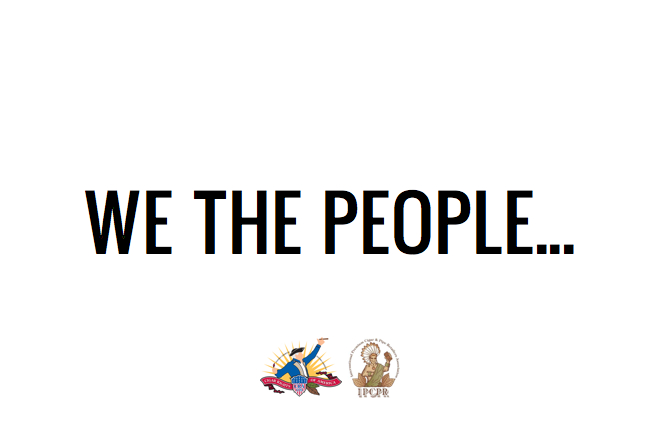The cigar industry got one of its largest wins on a federal level in a while today when the U.S. House Appropriations Committee passed the FY 2016 Agriculture Appropriations Bill 29-21. In it is a measure that could save thousands of cigars and dozens of manufacturers—although it still faces a long road from becoming law.
Language exists within the Appropriations Bill that would move the grandfather date for products that would be exempt from potential regulation by the U.S. Food & Drug Administration (FDA) from Feb. 15, 2007 to whenever the rules take effect. According to the International Premium Cigar & Pipe Retailers Association (IPCPR) that could save as much as 85 percent of the existing cigars on the market.
The Appropriations Bill still needs to pass the full House and the Senate, but getting the language through the committee is a big win for the cigar industry and others.
Under the rules originally set forth in the Tobacco Control Act, any product marketed prior to Feb. 15, 2007 would be exempt from most rules set forth by future FDA deeming regulation. However, any cigar that was first marketed after that date would face varying degrees of difficulties and costs to remain on the market.
For cigars that were first marketed after Feb. 15, 2007, but before the rules went into effect, products would be able to stay on the market but they would have to submit for substantial equivalence within two years. Substantial equivalence is a process where a manufacturer would apply for FDA approval on the grounds that their product is substantially equivalent to a product already approved in terms of potential health risks and other concerns.
The product would then be able to stay on the market until the FDA explicitly rejected an application. While it would give manufacturers a bit of reprieve, the costs of submitting for substantial equivalence has been estimated as high as $400,000 per SKU, although the FDA has previously said it was looking into more industry-specific application costs. Each different vitola in a blend gets its own SKU, or stock keeping unit, meaning the amount to keep a certain line on the market could multiply quickly.
Any cigar introduced after the new rules take effect would have to apply for substantial equivalence before entering the market. There are legitimate fears not only in the cost associated with that, but also the FDA’s timelines when approving applications, something that has taken years up until this point.
In short, the rash of new cigars would come to a screeching halt and many newer cigar companies would be forced to close.
The rules passed by the House Appropriations Committee would apply not only to cigars, but also any deemed tobacco product, including pipes, hookahs, e-cigaretes, vapor products and gels. For the e-cigarette and vapor world, this would be a massive change as the 2007 date precedes most of the relatively young industry’s history.
Under the current proposal by FDA, no cigar would be completely exempt from rule changes unless it where to pass Option 2.
FDA proposed two different paths for regulating cigars. Under Option 1, all cigars would be subject to the rules mentioned above, as well as a ban on free samples, a requirement to disclose ingredients to FDA and to place warning labels on boxes regardless of when the products were first marketed.
Under Option 2, cigars designated as “premium cigars” would be completely exempt from FDA control. Option 2 uses an eight standard definitions for premium cigars including a proposed $10 price requirement and no added flavorings amongst others.
“IPCPR believes the FDA has the authority to make this technical correction which would level the playing field for all tobacco products,” said Kip Talley, senior director of legislative affairs for IPCPR, to halfwheel. “Though we urge the FDA to adopt option 2 to exempt premium cigars, this change will set a precedent for any future regulations our industry may face.”
FDA is expected to announce its decision regarding the deeming regulations as early as this summer.
For more information, visit halfwheel.com/fda.



